(10th anniversary)
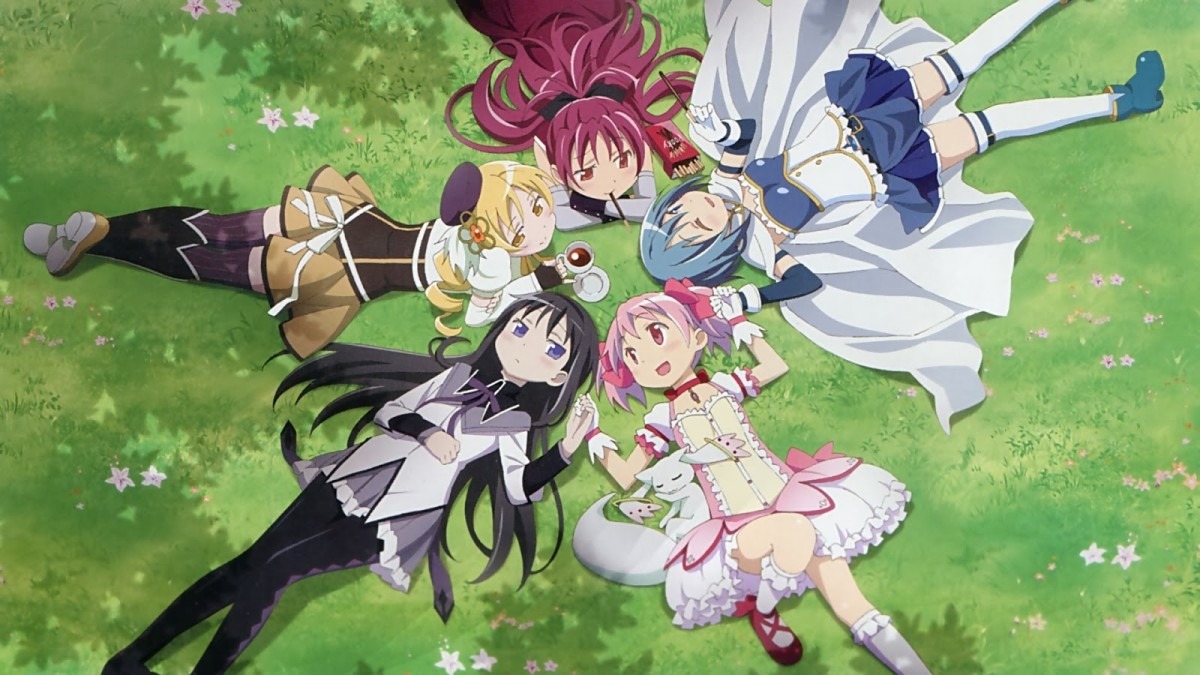
Has it really been ten years since Gen Urobuchi unleashed his tale of magical girl entropy on the world? This first anniversary hardly seems real, since Puella Magi Madoka Magica hasn’t gone far in the intervening years. But it’s true. Movies and Magia Record aside, this series is a full decade old as of January 7.
Anniversary festivities are underway for the show, so look forward to new surprises throughout the year.
(20th anniversary)
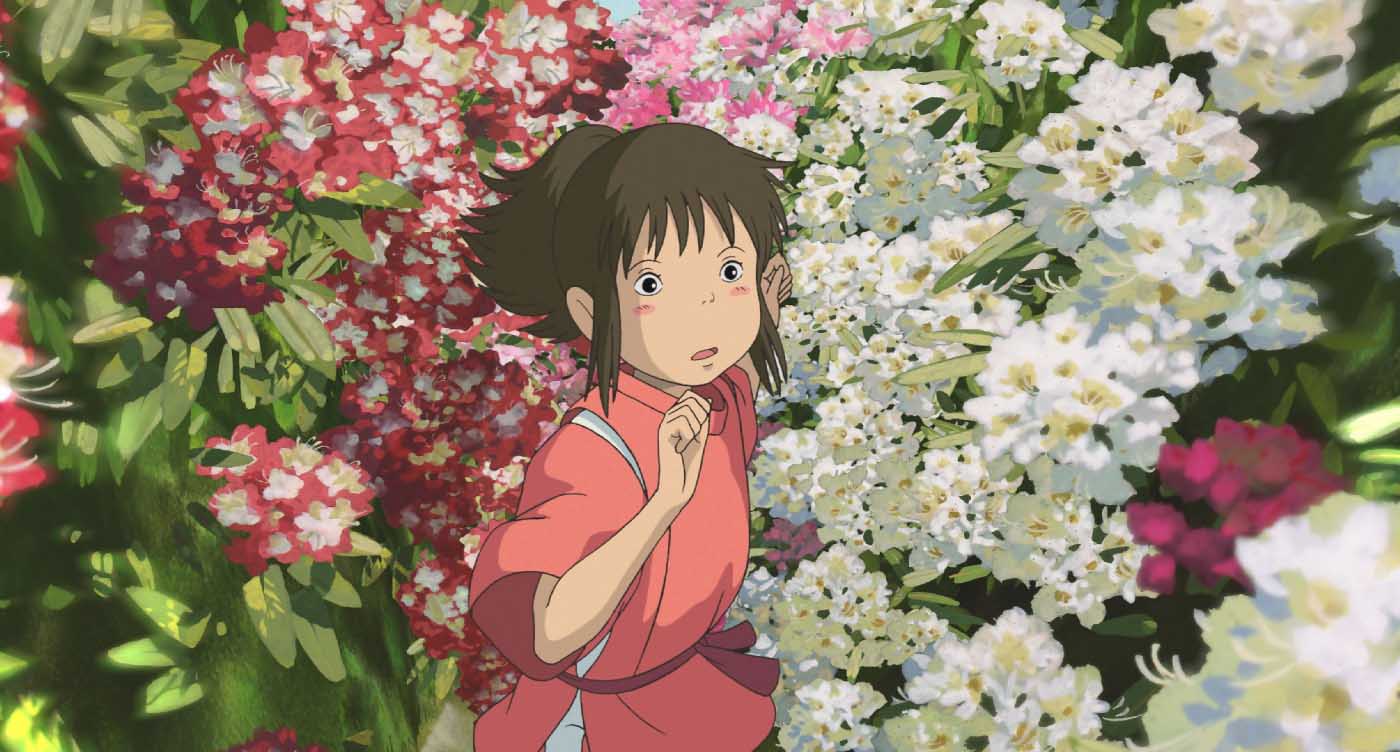
Of all the anime anniversaries on this list, Spirited Away is probably the only one that coincided with the anime in question getting surpassed in its own Guinness record. Nonetheless, this Studio Ghibli classic is still the first anime ever to win an Academy Award, and continues to reign as one of the greats.
Celebrate this year on the day of its premiere, July 20.
(30th anniversary)
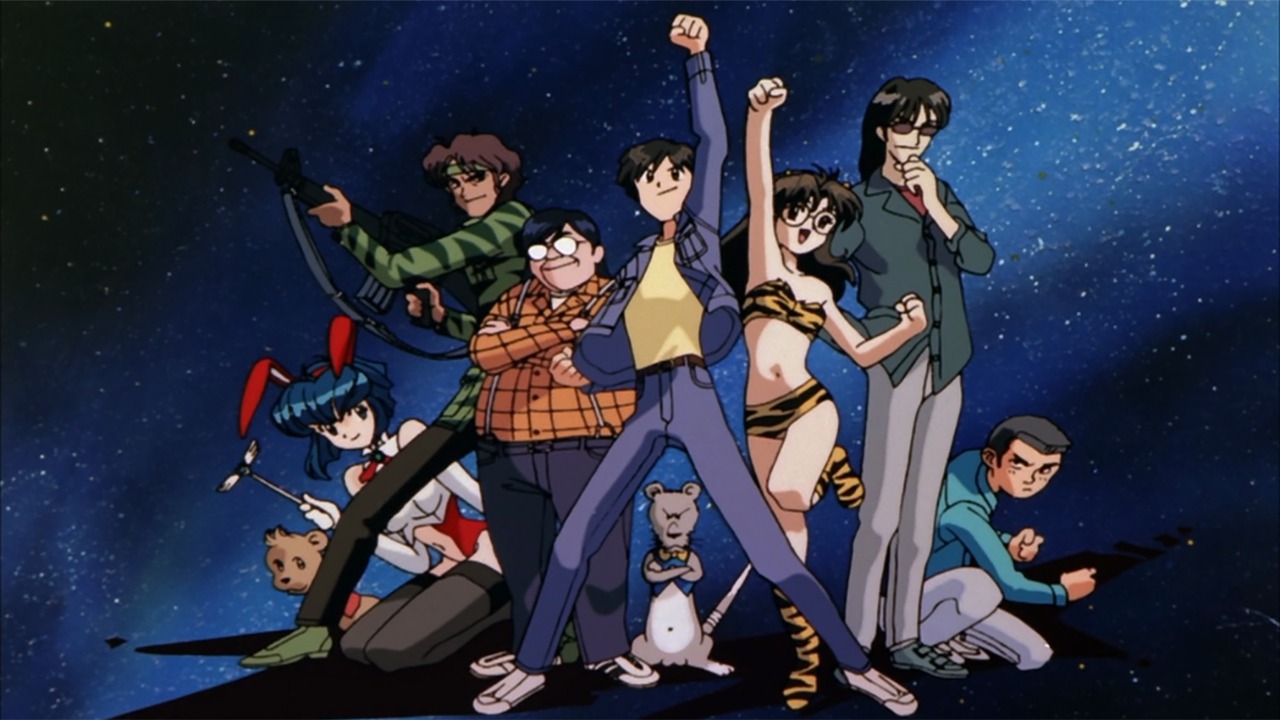
Gainax’s two-part mockumentary about life, love, and otakudom came out back in 1991. The OVA has gone on to become a much-loved anime, offering a tongue-in-cheek perspective on both otaku life and the beginnings of an anime studio.
Relive the magic by celebrating two anime anniversaries in one — on September 27 for Otaku no Video 1982, and December 20 for More Otaku no Video 1985.
(40th anniversary)
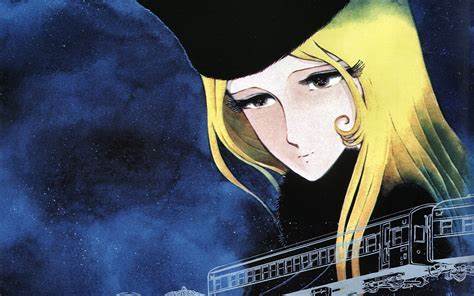
Leiji Matsumoto’s Galaxy Express 999 was a thoughtful and action-packed tale of humanity and coming of age. But when the series ended, the story wasn’t over. 1981’s Adieu Galaxy Express 999 continues the story after the fallout of the TV series. Tetsuro Hoshino is a teenage freedom fighter, and must board the space train to begin a new adventure.
The film officially hits the big 4-0 on August 1. If you’ve never seen the original series or the 1979 film that came before Adieu, you’ll have plenty to keep you busy.
(50th anniversary)
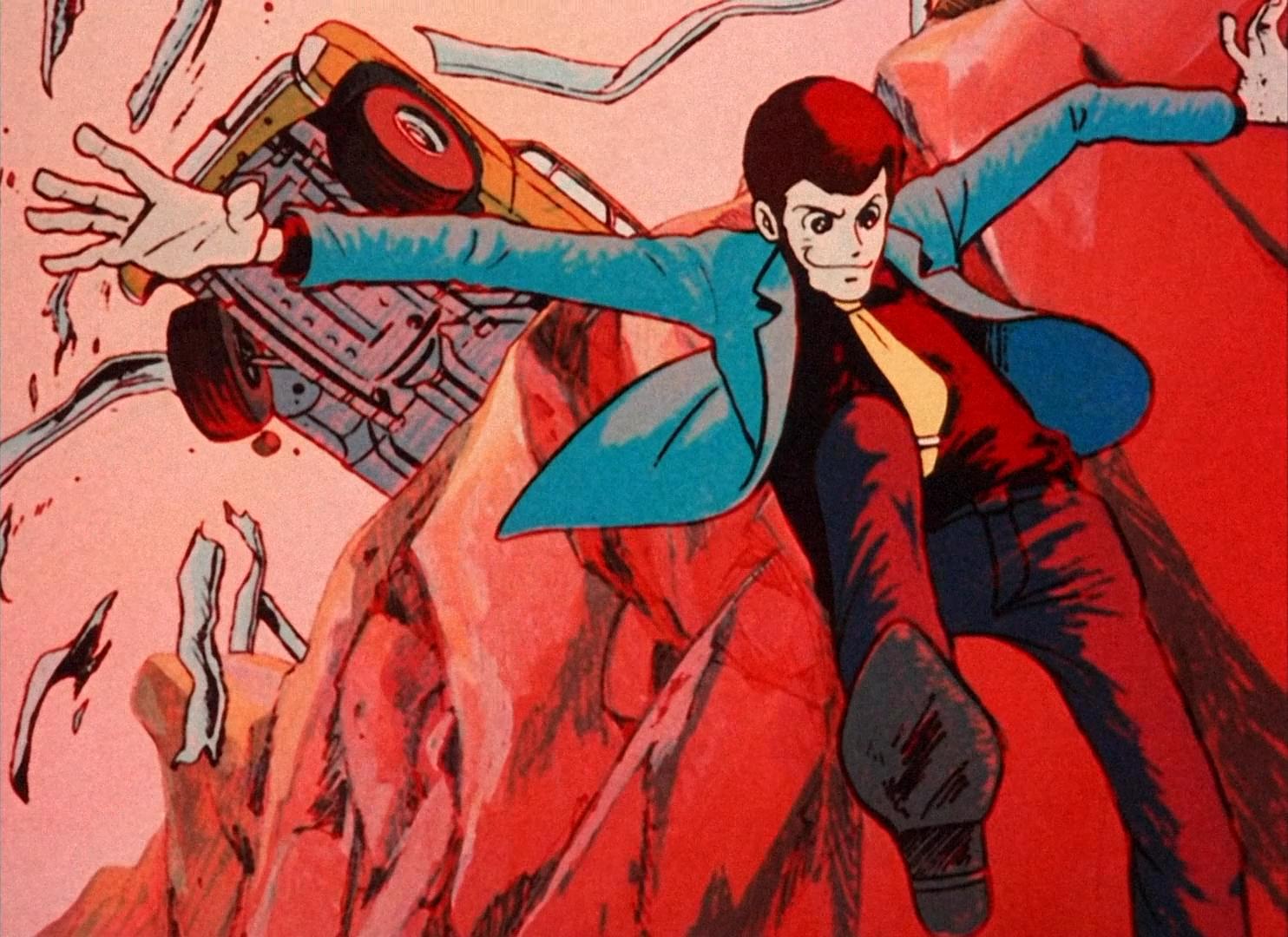
Wrapping up our list of anime anniversaries is the master thief himself. Four years after Monkey Punch’s manga debuted, the grandson of Arsène Lupin made the jump to anime. “Part I,” a.k.a. the Green Jacket series, premiered on October 24. It ran for 23 episodes, and it would be four more years until he would get the red-jacketed Part II.
Fortunately, there’s so much Lupin out there, you’ll have no trouble finding as much as you want to watch.
And don't forget to subscribe to this my other blog!














